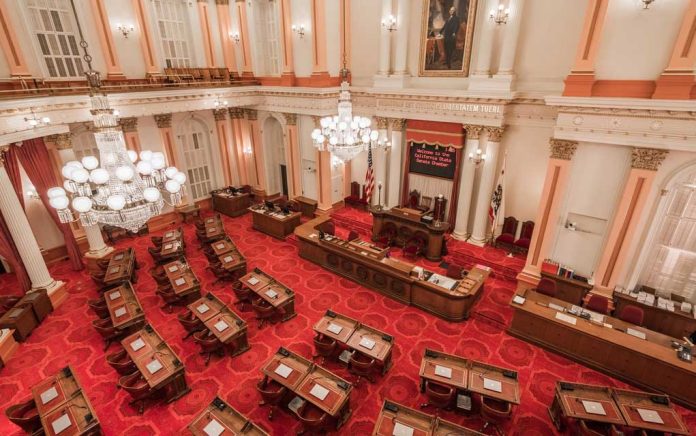
(RepublicanReport.com) – From the Articles of Confederation to the finalized version of the Constitution, America relied on checks and balances from the start. The colonists had already seen what could happen when any one government entity had too much power. For that very reason, the United States government is broken up into three branches, each balancing the other.
Legislating Laws
In any country, someone has to create laws. In the US, that’s done under the legislative branch of government. Though anyone in the US can craft a bill that might be made into law, only Congress can bring it to the floor or modify it. They’re also the ones with the ability to officially declare war and, at times, have a say in validating the appointments made by the president.
The duties of Congress are split between the House of Representatives and the Senate, all of whom are elected by the people. Congress is also responsible for impeachment, federal investigations, and can ratify treaties.
Executing Laws
Once laws are made, someone has to execute them. That power belongs to the executive branch of government. The president of the United States (POTUS) takes the lead here and is also commander-in-chief of the military and head of state, representing the US in matters relating to foreign entities. The vice president serves as a replacement, should something happen to the president. The speaker of the House is next in line.
The executive branch also includes all of the federal agencies as well as the cabinet members, each with their own specific role.
The president does not create laws, but does create executive orders and has the power to veto or approve laws. Sometimes, he doesn’t have to do anything at all with bills. After 10 days, they become law, as long as Congress is in session. In his duties as head of state, the president may sign treaties and grant clemency or pardons to convicted offenders.
Interpreting Laws
Not all laws are as cut and dry as they seem, and some do not fall within the bounds of the Constitution. It’s up to the judicial branch to interpret them and specifically, the federal courts, to decide which are Constitutional and how they might be applied.
As one might expect, the Supreme Court on any level of residence (city, county) is the highest level of court for that locale. Americans can go no higher than the Supreme Court of the United States (SCOTUS), which reviews mostly appellate cases and determines whether or not a law is constitutional. Whatever decision the SCOTUS makes concerning the interpretation of law must be upheld by every court in the land.
Copyright 2020, RepublicanReport.com










